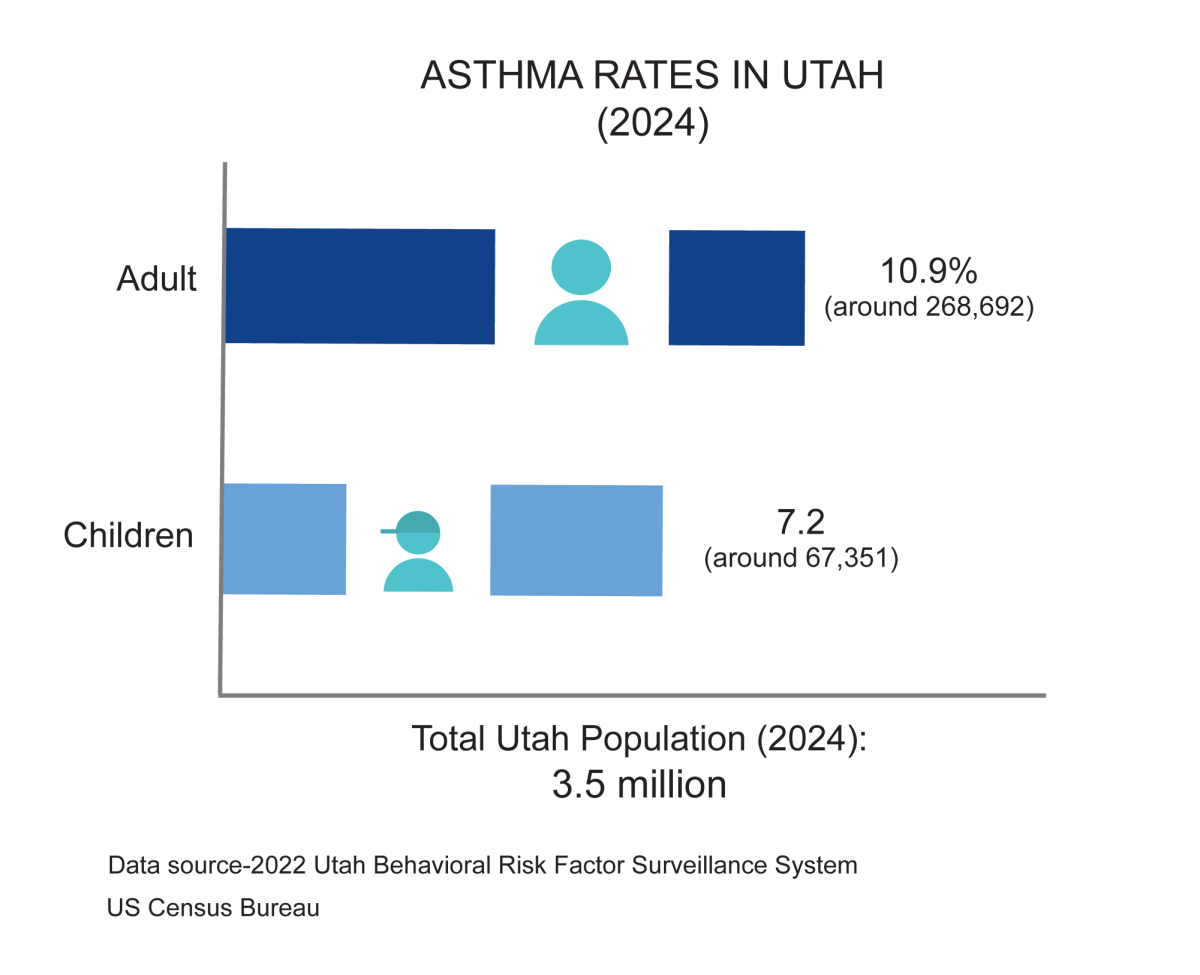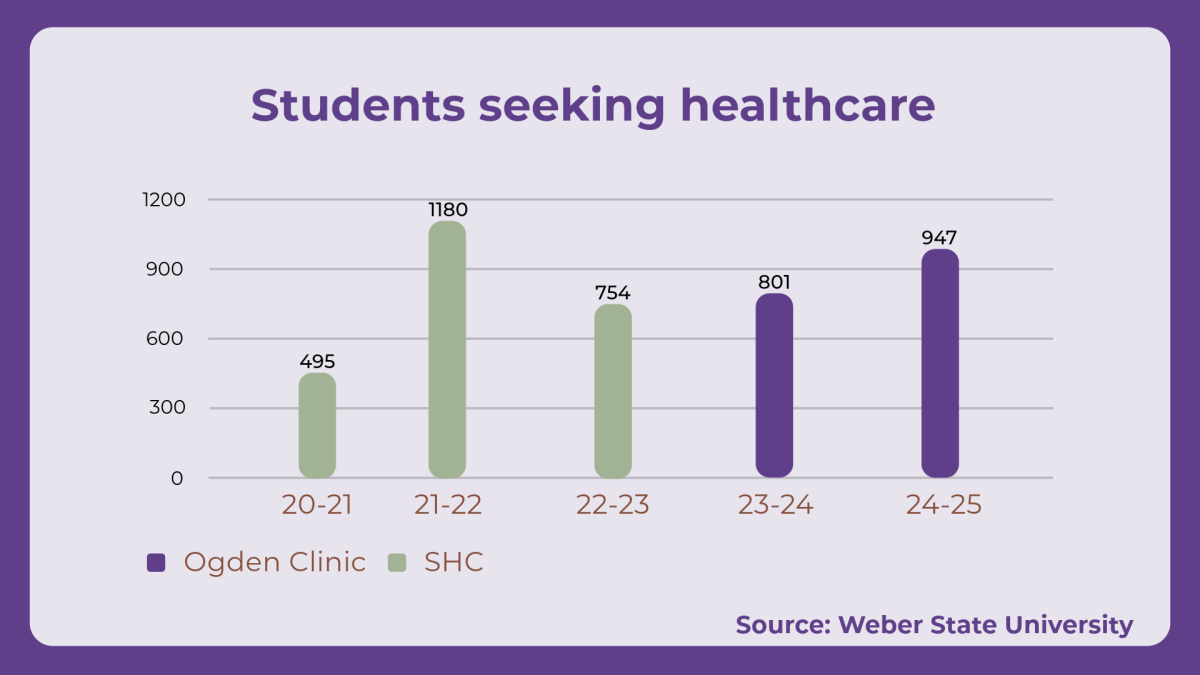A study performed at Blinn College shows that students who ate breakfast received better grades on their exams.
According to the study of 1,259 college students, more than 70 percent of the students who ate breakfast passed an exam with a C grade or better, compared to 50 percent of students who did not eat breakfast. The study was conducted by Gregory Phillips, who has a doctorate in biology.
A downfall of Phillip’s study is that he did not ask students what they had eaten for breakfast. He defined breakfast as “when you eat, not what you eat.”
“If you’re eating sugar-sweetened cereal, you blew the rule,” said Joan Thompson, assistant professor of nutrition at Weber State University.
Thompson reinforced that what students eat for breakfast does have an effect on their academic performance.
For a balanced breakfast, Thompson recommends a “combination of proteins and carbohydrates” and to stay away from “animal fats and sugars.”
Two examples of a good breakfast are cereal and milk, and eggs and toast.
Thompson discussed that to have the brain function optimally, breakfast is a must. Eating breakfast helps defend blood sugar levels that in return will help aid concentration.
“I try to eat breakfast,” said Andrew Hyder, a student at WSU. “If I don’t eat breakfast, I feel I don’t have the concentration I would have if I would have eaten breakfast.”
Phillips explains that eating breakfast can provide students with an advantage compared to students who don’t eat breakfast, but it does not guarantee that students will pass their exams. He said that breakfast doesn’t act as a substitute for studying.
“For me, breakfast is the only thing that matters,” said Shaun McBride, another student of WSU. “I personally can’t function without it.”
McBride sees breakfast as a necessary step toward attaining the motivation he needs to get going in the morning. “You have been asleep and not eating all that time,” said McBride. “When you wake up, you need nutrition to get your body going.”
The main point of the study is to “encourage college students to eat breakfast as a method of augmenting their study strategies,” Phillips said, and to “maintain a healthy, positive life style.”
According to another study by the United States Department of Agriculture, “people who eat breakfast decreases with age.” The study concluded that 76 percent of adolescents ages 12-19 eat breakfast compared to 38 percent of adults 21 years and older.
There are many factors that come into play when discussing the effects of breakfast. Phillips’ examples are when “the student arose, when he/she went to bed, (and) the time spent studying for the exam.”
Not every study agrees on all the benefits that breakfast can provide students, but many academic studies agree that when students eat breakfast – especially through grade school and their early 20s – their memory functions are increased.




















